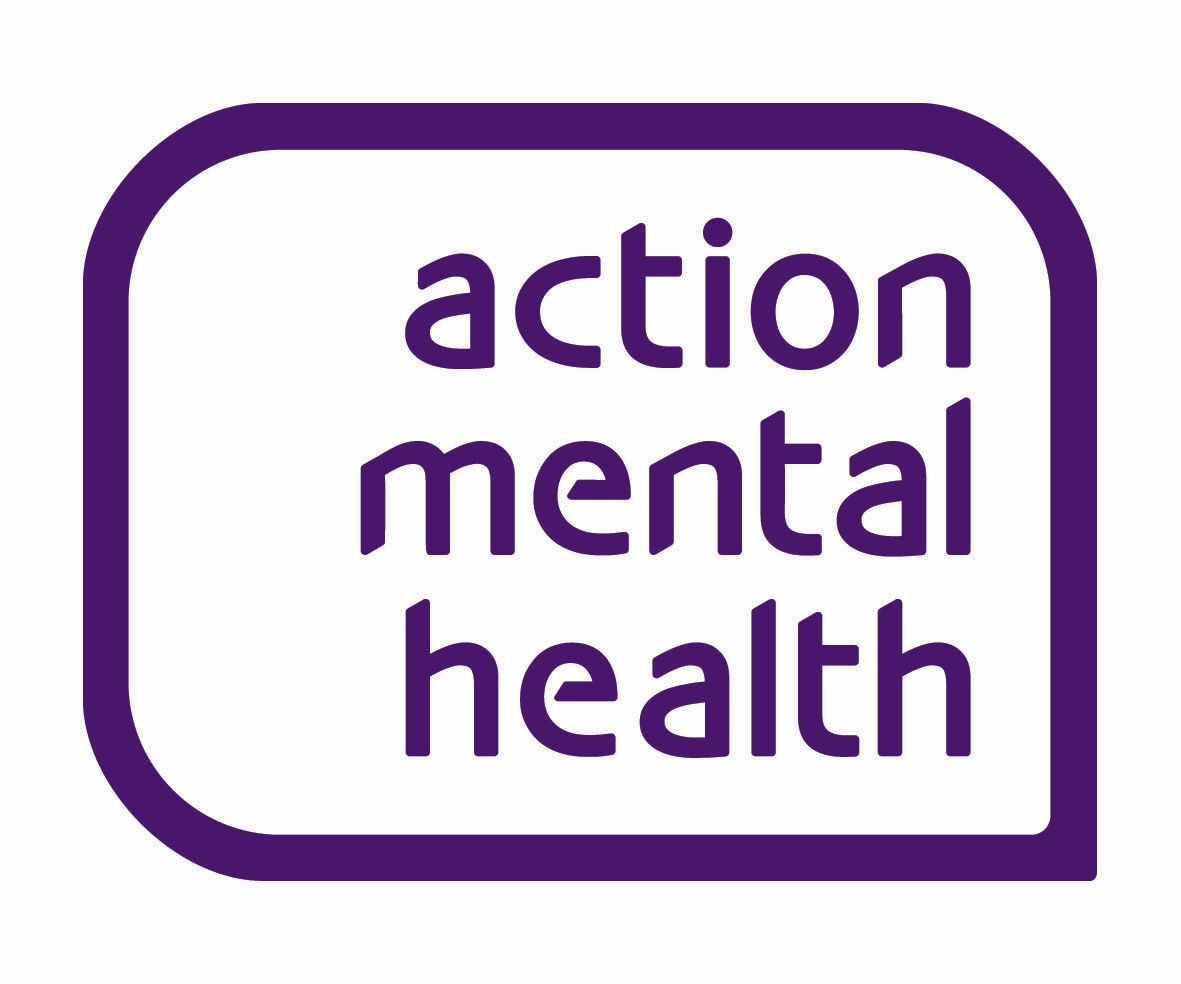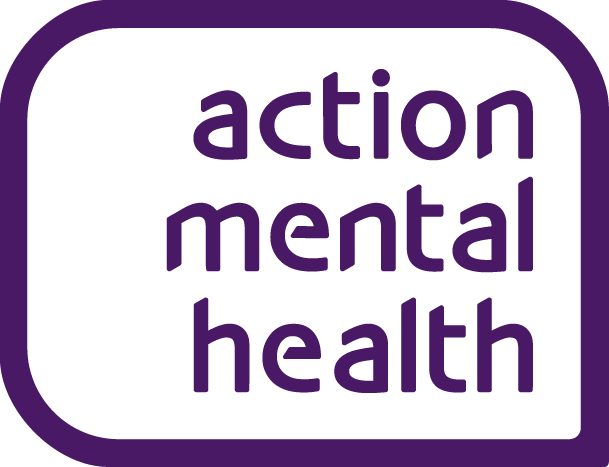Fact sheet: Eating Disorders
What is an eating disorder?
Eating disorders (EDs) are serious and complex mental health conditions that affect approximately 5% of the UK population, irrespective of age, gender, ethnicity and background. People with eating disorders use disorder eating behaviours as a means to control or cope with difficult situations and feelings. Eating disorder behaviours may including restricting food intake, self-induced vomiting, binge eating, laxative misuse, over-exercise or a combination of these behaviours.
Anorexia Nervosa: Characterised by an intense fear of gaining weight and a distorted perception of body image. Those with anorexia may restrict calories and/or over-exercise as a means to manage emotions and control body weight.
Bulimia Nervosa: Characterised by recurrent episodes of binging and purging. An individual may binge to suppress challenging feelings, then use purging (such as self-induced vomiting, excessive exercise or laxative misuse) as a means to rid themself of the food consumed.
Binge Eating Disorder: Defined by regular binge episodes, whereby a person consumes large quantities of food, even when full, as a means to suppress difficult emotions.
- Otherwise Specified Feeding or Eating Disorder ( OSFED): OSFED is the most commonly diagnosed eating disorder. It encompasses a wide range of eating disordered behaviours including binging, purging, food restriction and / or excessive exercises.
Risk factors for eating disorders
Symptoms of depression will differ on an individual basis, however for many people, depression can have a significant impact on their day-to-day life. Common symptoms of depression include:
- Persistent low mood or sadness
- Feelings of tearfulness, guilt, irritability or anxiousness
- Changes in sleep
- Changes in appetite
- Lack of concentration
- Lack of energy/ prolonged lethargy
- Loss interest in activities that were once enjoyable
- Hopelessness or helplessness
- Poor self-esteem
- Social withdrawal
- Physical symptoms (eg- low libido, poor digestion, unexplained aches and pains)
- Having thoughts of suicide or thoughts of harming yourself
Treatment for depression
As no two people with depression are exactly the same, treatment methods that are helpful to some people may not be for others. Doctors, counsellors and other helping professionals may work alongside you to find a treatment, or combination of treatments, which help to ease your symptoms. Common treatments for depression include:
Talking therapies
There are many different types of talking therapies for depression. A GP can refer you to talking therapies or you may want to refer yourself through your organisation’s Employee Assistance Programme (EAP) or by pursuing private therapy pathways. Some common talking therapies include:
- Cognitive Behavioural Therapy: CBT aims to help you to understand how your thoughts, feelings and behaviours affect you. It focuses on equipping you to overcome negative thinking patterns and is typically delivered over a 6-16 week period, however may be extended in accordance with your needs.
- Interpersonal Therapy: IPT focuses on your relationships with others including issues such as managing bereavement and overcoming difficulties with communication.
- Behavioural Activation: Rather than focusing on thoughts and feelings, behavioural activation focuses on identifying links between certain activities and your mood. This therapy aims to help you make practical changes that may improve your symptoms.
- Psychodynamic Psychotherapy: Psychodynamic, or psychoanalytic, therapies help you to become aware of difficult feelings in relationships and stressful situations. It also aids in identifying patterns within your life that may contribute to your symptoms.
- Integrative Therapies: Integrative therapists combine a range of therapeutic modalities and techniques to meet your needs.
Antidepressants
Antidepressants are medications that treat the symptoms of depression or prevent it from reoccurring. You can work alongside your doctor to find medications that are the best fit for you. It’s common to try different medications to find ones that help you most. It’s important to talk to your doctor if you want to stop talking your medications, as stopping suddenly can result in physical and psychological side effects.
Self-help resources
You may find that your doctor recommends self-help resources, either as a first-line treatment method, or in combination with other treatments. Such resources include changes to diet and exercise, guided self-help workbooks or courses, peer support groups or community resources.
How access help and support
Reach out to your GP: When you talk to your GP about your mental health they'll listen, give you advice and introduce you to a mental health service they think will be most helpful to you. These services may come from your GP surgery, a large local health centre, a specialist mental health clinic or a hospital.
Lifeline: Lifeline is a free 24/7 crisis response helpline service for those experiencing distress or despair. Lifeline is there to help 24 hours a day and can be contacted on: 0808 808 8000
Action Mental Health Counselling: Action Mental Health provides free, high quality counselling services across Greater Belfast. Further information can be found at: https://www.amh.org.uk/new-life-counselling/ Other organizations who can help can be found on the ‘signposting’ section of our Workplace Wellbeing Hub.

